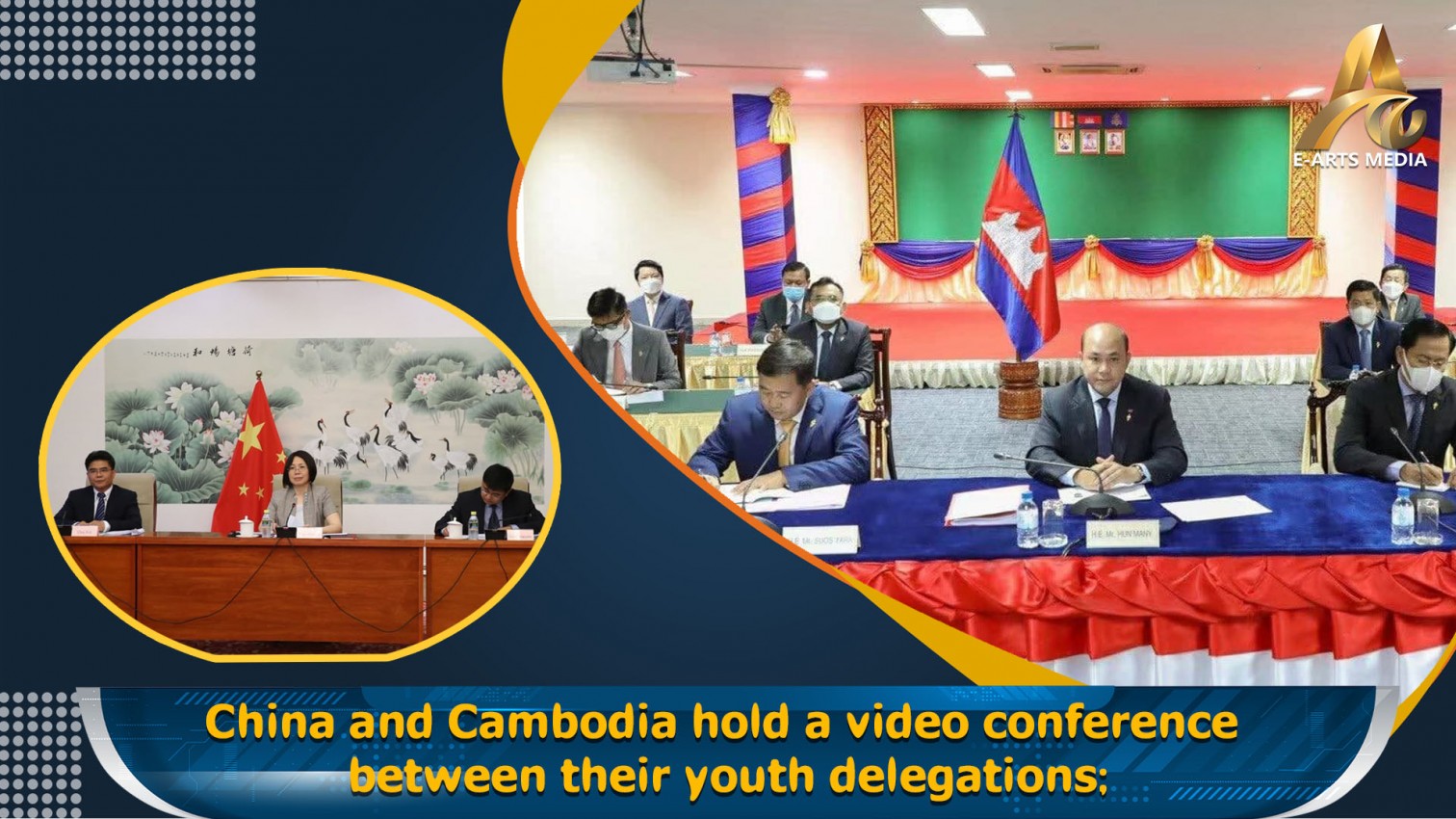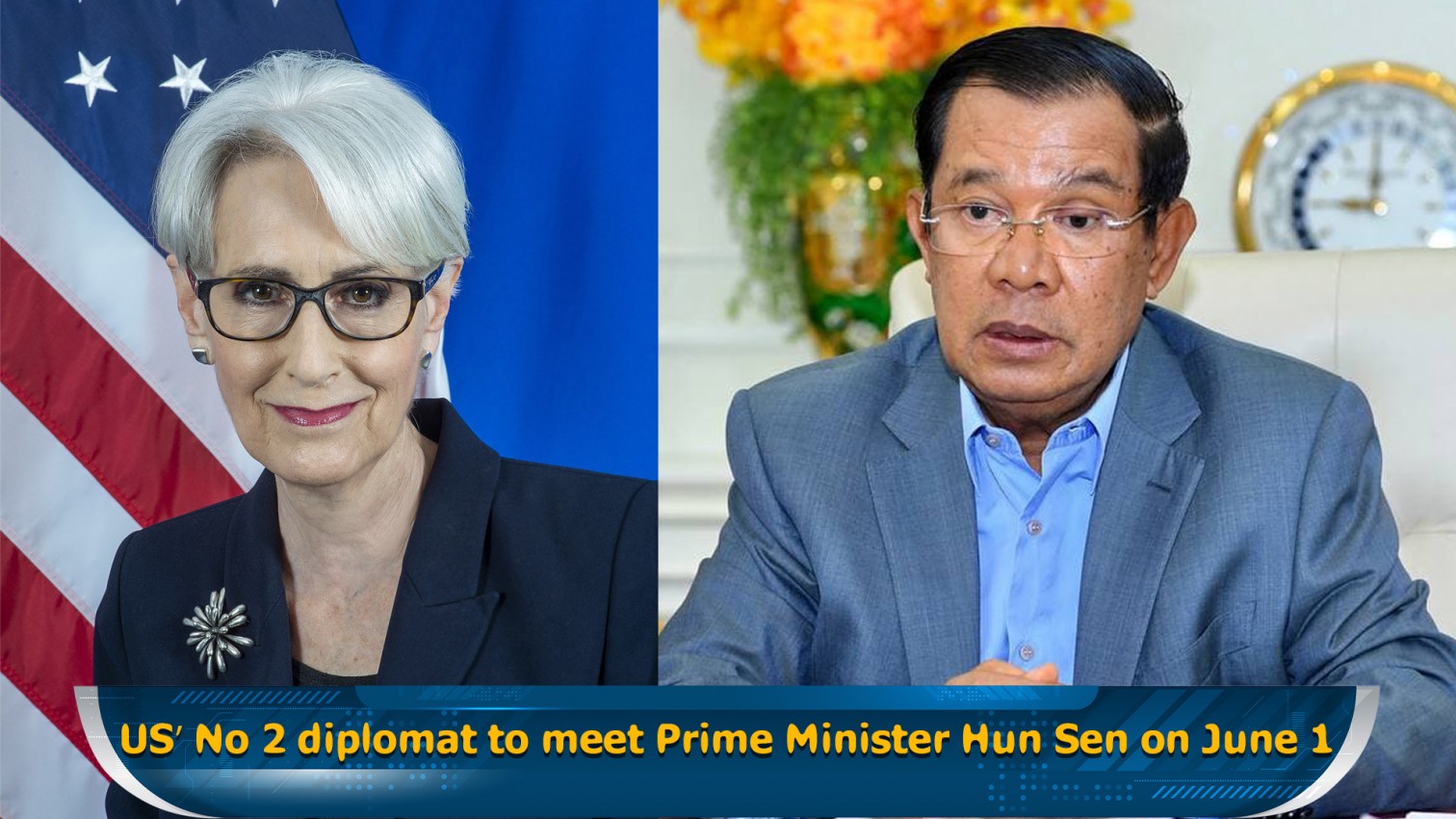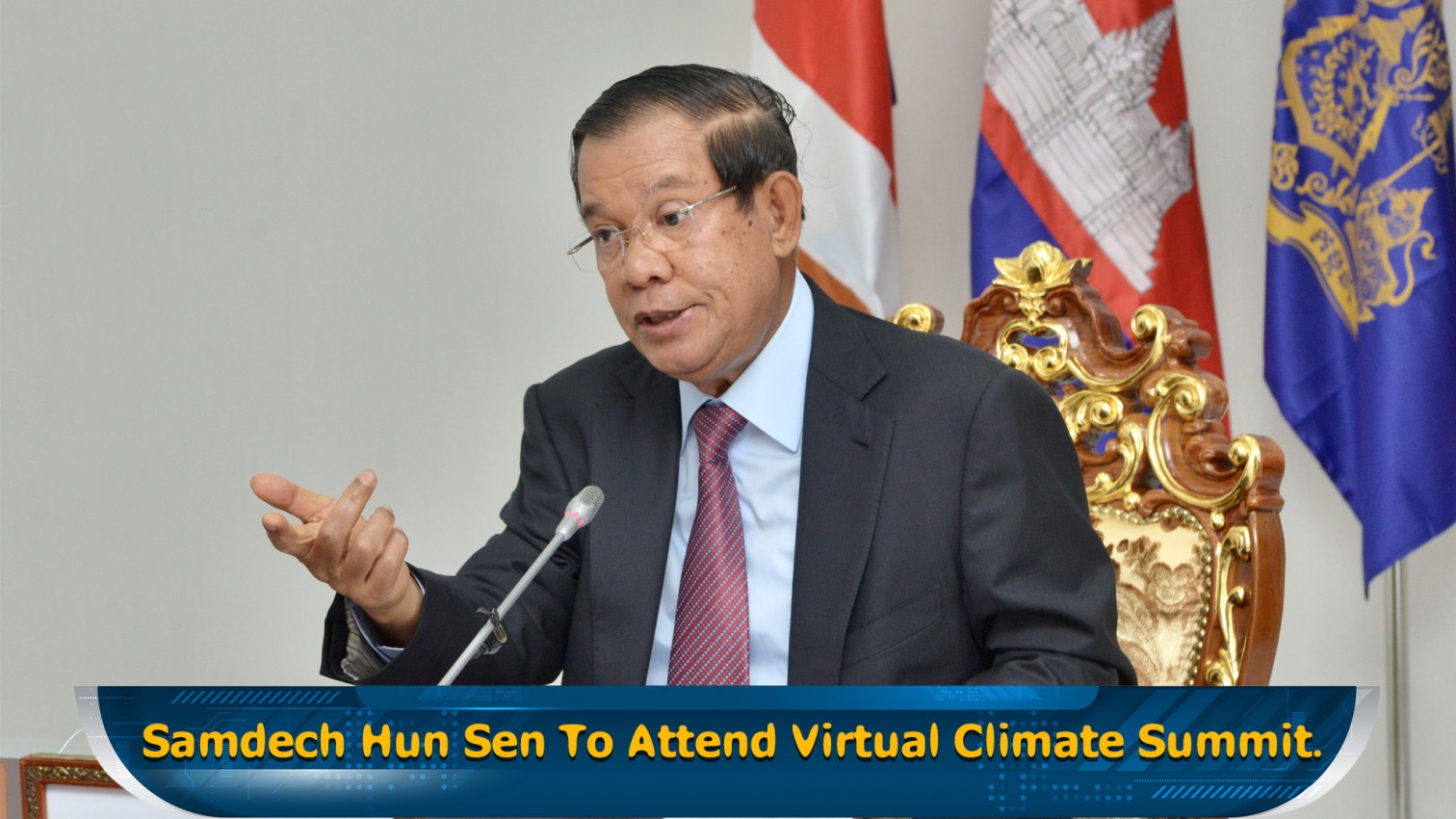PHNOM PENH: The Cambodian Human Rights Committee (CHRC) released a statement in response to an open letter published by six human rights groups concerning what the letter called Cambodia’s “descent into authoritarianism.”
On December 13, six NGOs including Human Rights Watch, ASEAN Parliamentarians for Human Rights (APHR) and the Asian Network for Free Elections (ANFREL) penned an open letter to the parliaments of the European Union, the United States, Canada, Australia, the United Kingdom, New Zealand and Japan. The letter called for action ahead of the 2024 Cambodian Senate Elections to be held in February and called the 2023 General Election an “electoral charade.”
The CHRC responded to the letter with total disdain for what it called “ungrounded facts and blatant exaggerations aimed at dismantling Cambodia’s legitimate institutions.” The response then went on to address political controversies such as the 27 year sentence imposed on former opposition leader Kem Sokha, the dissolution of the Cambodian National Rescue Party (CNRP) ahead of the 2017 elections, and the absence of the opposition Candlelight Party on July’s ballot.
Upon his conviction of colluding with the US government to overthrow the Cambodian government, Kem Sokha, one of the only prominent opposition leaders remaining in Cambodia, was sentenced to 27 years of house arrest and banned from politics. US Ambassador W. Patrick Murphy said the case against Sokha was fabricated and a miscarriage of justice.
The CHRC clarified that, “Cambodia does not have any so-called ‘political prisoners’, but rather politicians and individuals who have committed crimes and flagrant offenses that must be punished by the law accordingly.”
The CHRC also refuted allegations that the courts were influenced by former Prime Minister Hun Sen, who is also President of the long-reigning Cambodian People’s Party (CPP). The human rights open letter directly accused the former PM of using the courts to dissolve the CNRP in 2017. However the CHRC said, “The Supreme Court's decision is a decision of an independent institution of a sovereign state…the Supreme Court came to the conclusion that the CNRP conspired with a foreign power to overthrow the legitimate government of Cambodia by way of a ‘Colour Revolution.’”
The CHRC statement also addressed criticism of the only major opposition Candlelight Party being absent from the last election, which many international critics say was achieved only through fabricated bureaucratic red tape. The statement once again noted that the Candlelight Party’s failure to produce its original registration document resulted in its ineligibility for election. According to the New York Times, the document had been seized in a police raid in 2017. The Candlelight Party has not been able to replace it since and according to the CHRC, “to state that the Candlelight Party is precluded from participating in July's national elections is incorrect.”
The open letter also alleged violence and intimidation against political minorities going unchecked, even under the leadership of new Prime Minister Hun Manet. The CHRC, while responding to many other allegations in detail, only made one statement regarding violence against political opponents saying, that the election took place “in a calm, secured, and safe environment, without violence or threats.”
The open letter from the NGOs said, “Cambodia, as a member of the United Nations and a party to various international agreements and treaties, has an obligation to uphold democratic values and ensure free and fair elections.” The CHRC said that dissolving political parties is part of that obligation. “[The prohibition and dissolution of political parties] is a necessary mechanism to ensure that democratic values are protected,” said the CHRC.
The CHRC went on to echo the government’s list of proof that the July elections were free and fair including high voter turnout, the 422 international observers who had no complaints, and the appearance of 18 political parties on July’s ballot.
The Fifth Senate Election is scheduled to take place on February 25, 2024 and votes will be cast by government officials. Upon relinquishing his position as Prime Minister in August, former Prime Minister Hun Sen has made it clear that he does not intend to give up all his power. He announced plans to become Senate President following the February election, while remaining the President of the Cambodian People’s Party and a leader in the King’s Consultative Council.



























